News Archive
2014
-
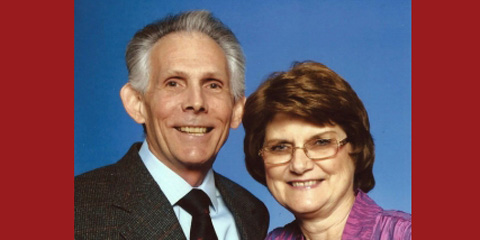
As a young man in the 1960s, Dwight Tate, MSW ’77, saw the devastating effects of the Vietnam War on its veterans.
“I’ve come to realize and understand that the biggest mistake we as a society made was turning our back on veterans. We had every right to condemn the war itself but not the warriors,” he said. “I don’t want us to make the same mistake again.”
-
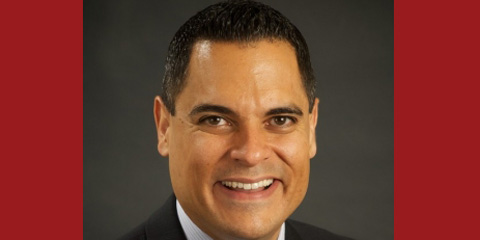
J. Juan Macias is assistant director of career and professional development at the USC School of Social Work.
The demand for social workers has never been greater. In fact, the US Bureau of Labour Statistics projects a 19% faster-than-average growth in social work jobs until 2022.
But the need for social workers in business and non-profit administrative settings is just being recognised. Companies around the world are starting to realise the value of social workers and the transferable skills they can bring to the workplace.
-

Many service members leaving the military and returning to Los Angeles County are not prepared for the transition home and have a range of needs that cannot be easily provided by a single organization, according to a new University of Southern California School of Social Work report released Tuesday.
-
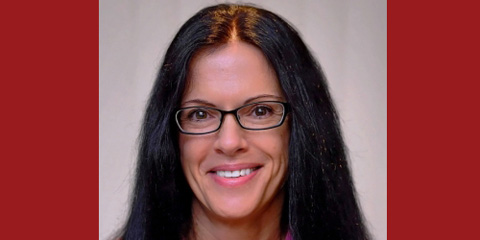
Suzanne Wenzel is the Richard M. and Ann L. Thor Professor in Urban Social Development at the USC School of Social Work.
A sprawling metropolis of nearly 10 million people, Los Angeles County has the unenviable distinction of being home to the largest jail system in the United States, housing an inmate population of approximately 19,000 on any given day.
-
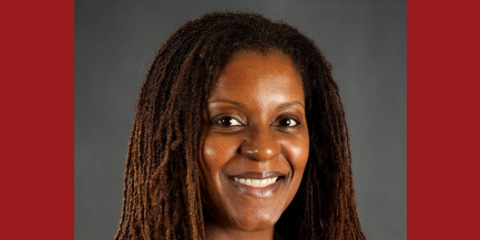
Karen Lincoln is an associate professor at the USC School of Social Work and director of the USC Hartford Center of Excellence in Geriatric Social Work.
Over 10 million Americans now require long-term care annually and Medicaid is the primary source of coverage. Medicaid spending on long-term care services has been rising sharply.
With 10,000 baby boomers turning 65 every day, the United States is in a long-term care crisis.
-
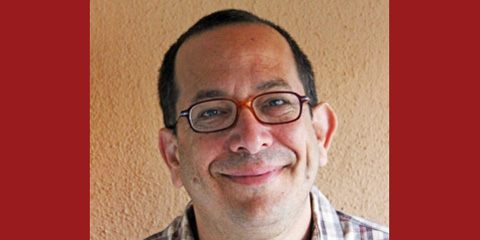
For the next year, the USC School of Social Work will benefit from the research and practical expertise of the Israeli Defense Forces mental health department.
-
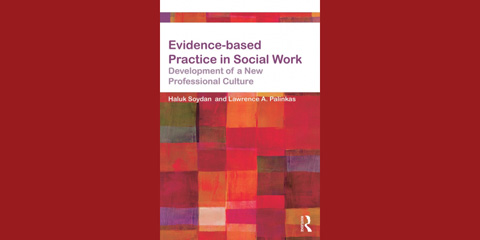
Social work is historically and inherently based in clinical practice.
From the settlement houses of the late 1800s to the therapeutic treatments offered to veterans of the recent conflicts in Iraq and Afghanistan, the profession has focused on providing services to the most vulnerable individuals in society.
In recent decades, however, scholars have sought to bring a decidedly more scientific approach to social work by emphasizing evidence-based interventions shown to be effective in research studies, an effort that has been embraced by some but challenged by others.
-

In the world of academic research, streams of funding from federal and state agencies are king.
A large grant from the National Institutes of Health can propel a young faculty member’s career forward and sustain ongoing research for years.
But as public institutions tighten their purse strings and the federal funding environment grows increasingly competitive, researchers at the USC School of Social Work have begun exploring previously overlooked forms of support, particularly from private foundations, businesses and philanthropic donors.
-
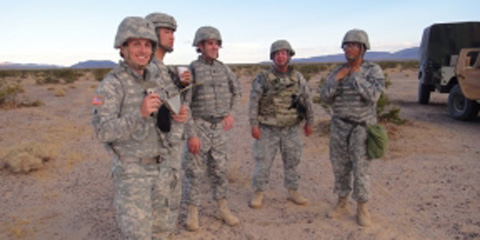
Since graduating from the University of Southern California, Nathan Graeser has been actively involved in Los Angeles making sure the needs of veterans are met, especially their spiritual needs.
It is a natural fit for Graeser, MSW ’13, who has been in the military for 14 years, including the last three years as a chaplain with the Army National Guard.
Graeser said involving faith communities in the network of support services for returning veterans was a logical step.
-
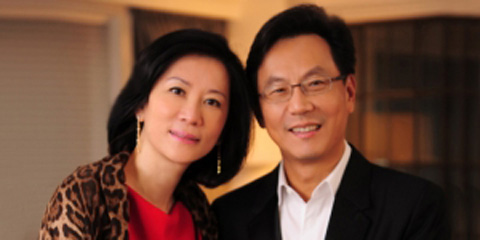
A $1.5 million donation from a couple with strong ties to USC will enable researchers at the USC School of Social Work to explore how technology can promote health among older adults in Taiwan.